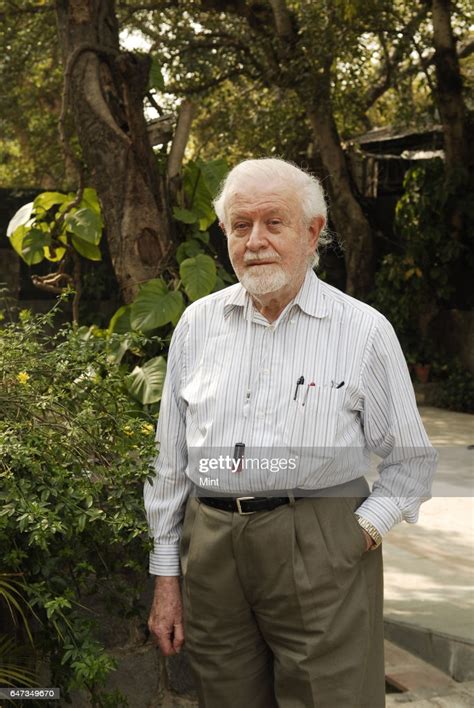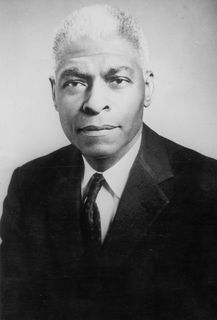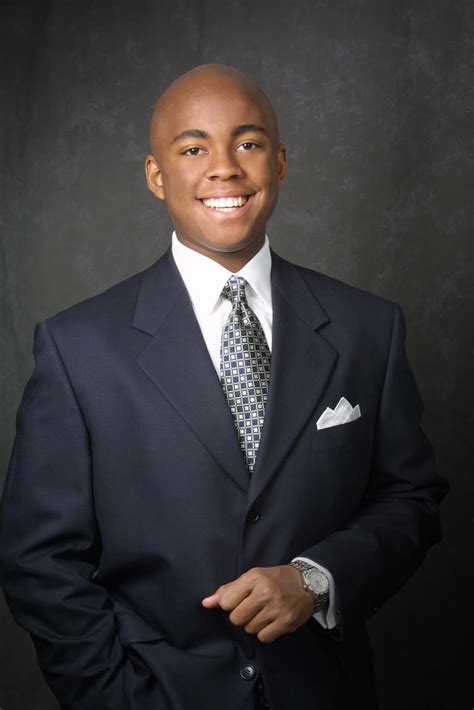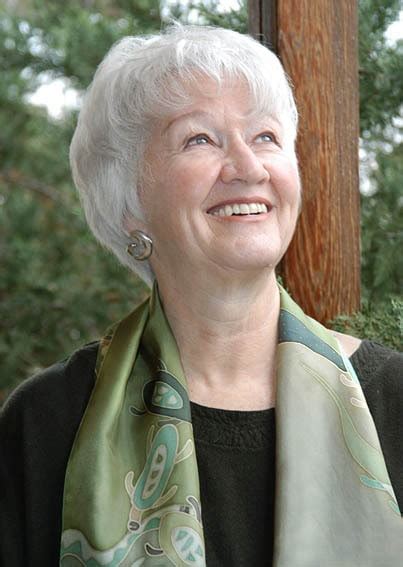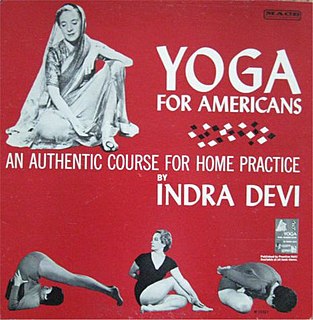A Quote by Les Brown
Too many of us are not living our dreams because we are living our fears.
Related Quotes
Too many of us are not living our dreams, because we are living our fears. Decide to become fearless. Face the thing you fear the most. You're stronger than you give yourself credit for.
If you can laugh at it. You can move past it. You have the ability to do more than you have ever hoped, imagined or dreamed. You have GREATNESS within you!
According to energy medicine, we are all living history books. Our bodies contain our histories- every chapter, line and verse of every event and relationship in our lives. As our lives unfold, our biological health becomes a living, breathing biographical statement that conveys our strengths, weaknesses, hopes and fears.
When the desire is too much to bear, we often bury it beneath frenzied thoughts and activities or escape it by dulling our immediate consciousness of living. It is possible to run away from the desire for years, even decades, at a time, but we cannot eradicate it entirely. It keeps touching us in little glimpses and hints in our dreams, our hopes, our unguarded moments.
I have gained and sustained my optimism as a humble student of our living universe, our living Earth, which clearly shows us the way out of our adolescent crisis into a mature global future. The sooner we create our vision of all we desire, set our intention to implement it together, and put our individual capacities into collective action, the greater our chances of success.
I've heard fate talked of. It's not a word I use. I think we make our own choices. I think how we live our lives is our own doing, and we cannot fully hope on dreams and stars. But dreams and stars can guide us, perhaps. And the heart's voice is a strong one. Always is. Your heart's voice is your true voice. It is easy to ignore it, for sometimes it says what we'd rather it did not - and it is so hard to risk the things we have. But what life are we living, if we don't live by our hearts? Not a true one. And the person living it is not the true you.
Most people would say they live with an internal angst that they can't always put their finger on. This is because the Internet has changed our very way of being in this world, compelling us to be perpetually "on" - from our cars to our computers, our tablets to our smartphones, our desks to our living rooms or dining tables, our churches to our libraries to our schools.
Tranquillizers do not change our environment, nor do they change our personalities. They merely reduce our responsiveness to stimuli. They dull the keen edge of the angers, fears, or anxiety with which we might otherwise react to the problems of living. Once the response has been dulled, the irritating surface noise of living muted or eliminated, the spark and brilliance are also gone.


